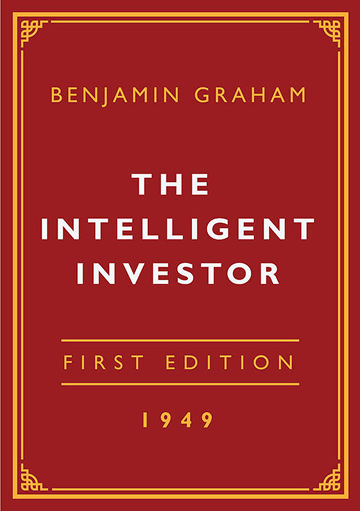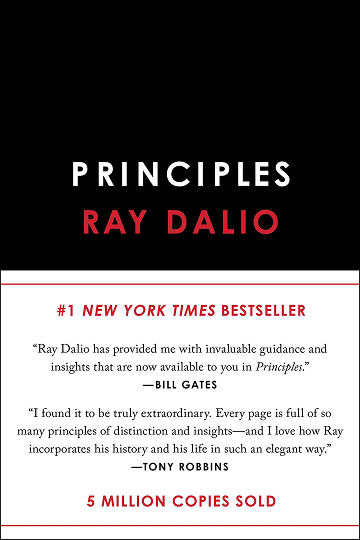
John Neff Biography, Career, Net Worth, and Key Insight



John Neff’s Profile Summary
|
Company
|
Windsor Fund |
|---|---|
|
Position
|
Portfolio manager of the Vanguard Windsor Fund from 1964 until his retirement in 1995. |
|
Source of wealth
|
John Neff's wealth primarily came from management fees and performance-based earnings from Vanguard Windsor Fund, alongside income from other financial investments during his career. |
|
Also known as
|
John Neff was also known as an author and philanthropist. |
|
Years of life
|
19.09.1931 - 04.06.2019 |
|
Education
|
University of Toledo – Bachelor’s degree, Case Western Reserve University – MBA |
|
Citizenship
|
United States |
|
Residence
|
Berwyn, Pennsylvania, USA |
|
Family
|
John Neff's family included his wife, Lillian, to whom he was married for 63 years, and they lived together in the Philadelphia area. |
|
Website, Social Media
|
https://www.windsorgp.com/ |
John Neff’s biography
John Neff was born in 1931 in Wauseon, Ohio. After two years in the U.S. Navy, he attended the University of Toledo, graduating in 1955. He later earned an MBA from Case Western Reserve University in 1958. Neff began his career in finance as a security analyst before joining Wellington Management, where he would go on to manage the Windsor Fund. His investing philosophy was rooted in contrarian and value investing, focusing on undervalued stocks with strong fundamentals. Under his leadership, Windsor Fund consistently outperformed the market, generating a remarkable 13.7% annual return and beating the S&P 500 in 23 of the 31 years. Neff's discipline in finding undervalued stocks and his low price-to-earnings (P/E) strategy became well-known. He retired in 1995 and spent his later years supporting various philanthropic causes, including the University of Toledo. John Neff passed away in 2019 at the age of 87, leaving behind a legacy of both professional excellence and personal integrity.
-
How did John Neff make money?
John Neff makes money in the following areas:
John Neff's wealth primarily came from management fees and performance-based earnings from Vanguard Windsor Fund, alongside income from other financial investments during his career.
-
What is John Neff net worth?
As of 2025, there is no publicly available and reliable information regarding John Neff’s net worth.
What is John Neff also known as?
John Neff was also an author, notably publishing John Neff on Investing in 1999, where he detailed his investment strategies and philosophy. Additionally, he was a committed philanthropist, supporting various causes, particularly in education. He endowed the John B. and Lillian E. Neff Department of Finance at the University of Toledo and contributed to other charitable causes, including the University of Pennsylvania, where he helped grow its endowment substantially.
Prominent achievements of John Neff
John Neff's achievements include managing the Vanguard Windsor Fund for 31 years, during which time he achieved an annual return of 13.7%, outperforming the S&P 500 by 3 percentage points on average. He grew the fund from $75 million to $13.6 billion by the time of his retirement in 1995. Neff also received the CFA Institute’s Award for Professional Excellence and was known for his philanthropic contributions, such as the endowment of the John B. and Lillian E. Neff Department of Finance at the University of Toledo.
What are John Neff’s key insights?
John Neff was known for his contrarian and value investing approach. His philosophy centered around buying undervalued stocks with solid fundamentals, typically with low price-to-earnings (P/E) ratios and high dividend yields. He focused on the long-term, showing patience and resilience in his investments, often holding positions for three years or more. Neff believed in being tactical, grounded, and focusing on company fundamentals like return on equity (ROE) and earnings growth rather than following popular trends.
John Neff’s personal life
John Neff and his wife, Lillian Neff (née Tulak), shared a long and close marriage. Lillian passed away in 2017, two years before John's own death in 2019. They had a quiet family life and were deeply committed to philanthropy, particularly in the field of education, donating significant amounts to their alma mater, the University of Toledo. There are no detailed public records of additional family members or children.
Useful insights
Fundamental principles of investing
As someone deeply immersed in the world of finance, I firmly believe that learning the fundamental principles of investing is the cornerstone of financial literacy. The books I recommend here have shaped modern investment strategies, offering timeless wisdom that can benefit both beginners and seasoned investors. These are not just texts, but essential tools to help you navigate the complexities of the financial markets with confidence and insight.
-
Benjamin Graham – "The Intelligent Investor"

-
Summary:
Written by one of the most influential investment thinkers, this book outlines the principles of value investing. Graham emphasizes the importance of analyzing a company’s intrinsic value, long-term investment strategies, and avoiding emotional decisions driven by market fluctuations. The book also discusses defensive investing, focusing on preservation of capital and minimizing risk.
-
Why read it:
This is a must-read for anyone looking to understand the core philosophy behind successful long-term investing. Graham’s principles influenced generations of investors, including Warren Buffett, making it an essential guide to navigating stock market risks with a focus on minimizing losses.
-
-
Ray Dalio – "Principles"

-
Summary:
Ray Dalio, founder of one of the world’s largest hedge funds, shares the life and work principles that led to his immense success. The book covers Dalio’s unique management and investment strategies, focusing on radical transparency, truth-seeking, and the importance of learning from mistakes. It also provides practical insights into organizational behavior and personal growth, making it valuable beyond just investing.
-
Why read it:
Dalio's "Principles" is a treasure trove of wisdom for investors and business leaders who wish to improve their decision-making. It’s a guide on how to align personal and professional life through well-defined, actionable rules.
-
Other profiles in category
Popular Financial Guides
Latest Financial News

Siemens stock gains 1.1% as China chip software curbs lifted

EUR/USD price approaches $1.18 with bullish structure intact ahead of key breakout test































































































































